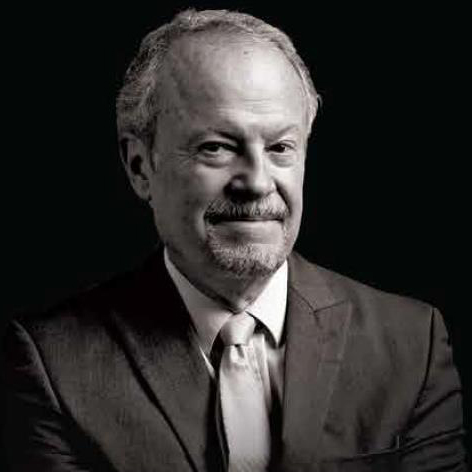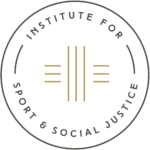A Look at Racism and Human Trafficking

Dr. Richard Lapchick
Coming into May, America got some good news as accountability and justice were served when Derek Chauvin was convicted for the murder of George Floyd. Unfortunately, that moment of relief did not last long as Daunte Wright, Ma’Khia Bryant, and Adam Toledo all became names added to list of Black lives to remember. All young people who lost their lives at the hands of police brutality. It is important to remember that while all of the circumstances are different for each case, no one should be losing their lives. Moving forward there are more steps that our communities need to take and more initiatives that can be created to reduce the social injustices happening in our country.
As we continue to fight against human trafficking, we should realize the way trafficking aligns with racial injustice. All the systemic discrimination related to homelessness, mass incarceration, the lack of equal access to jobs and education that Black communities and immigrant communities face means that they are also disproportionately victimized by trafficking. And that make them more likely to be arrested and potentially abused by police. They are often treated as criminals instead of being offered community services.
The fight against human trafficking deserves more attentions as the second largest illegal activity in the world with a net annual revenue of $150 billion. At the end of this post, you will see the 33 places in the US where it was reported just in April 2021.
There were 456 individuals arrested, suspected, or charged with human trafficking activities in the United States in April as well as 22victims removed from entrapped trafficking, including 11 who were minors. There were 18 new laws passed and 33 community initiatives that took place.
Internationally in March, there were 231 individual arrested, suspected, or charged with human trafficking activity. There were 55 victims removed from entrapped trafficking, including 29 who were minors. There were no new laws and eight new community initiatives. What can you do? Learn more about the issue by reading. Volunteer for a local anti-human trafficking organization. Donate resources if you can. Most importantly, if you know someone who is a victim or see a suspicious incident that may involve someone being trafficked, call the
National Human Trafficking Hotline
1-888-373-7888
Below, I have listed the 33 US cities where human trafficking was reported in April 2021:
Atlanta Georgia
Bakersfield, California
Beaumont, Texas
Boston, Massachusetts
Braceville Twp, Ohio
Capital Region, New York
Columbus, Ohio
Corbin, Kentucky
Eua Claire, Wisconsin
Fayetteville, Arkansas
Fort Meyers, Florida
Fulton County, Georgia
Gloucester County, New Jersey
Houston, Texas
Jacksonville, Florida
La Quinta, California
Las Vegas, Nevada
Lima, Ohio
Los Angeles, California
Louisville, Kentucky
Madison Heights, Michigan
Meriden, Connecticut
Pomona, California
Polk County, Texas
Revere, Massachusetts
Rockville, Maryland
San Bernardino, California
San Diego, California
San Marcos, Texas
Somerset, Kentucky
Tampa, Florida
Tuscaloosa
Youngstown, Ohio
